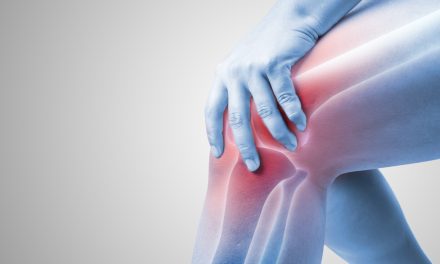Walking also provides many benefits during pregnancy, such as:
- Reducing swelling of the feet at the end of the day.
- Improving sleep.
- Helping to relax.
- Avoiding excess weight gain.
- Reducing the risk of pre-eclampsia and gestational diabetes.
Other exercises, such as swimming or yoga, can also have the same benefits as walking during pregnancy. However, the pregnant woman should see an obstetrician before engaging in physical activity.
Is it reasonable to walk on an empty stomach?
Walking on an empty stomach is not beneficial to health because it can cause dizziness, nausea, and fainting, as the individual may not have enough blood sugar to walk.
Thus, the ideal is the ingestion of a light meal, which includes carbohydrates and fruits, such as cereal bread and fruit juice, before exercise, avoiding very bulky meals so as not to feel uncomfortable when walking.
How long a week should you walk?
For the walk to be practical and lose weight, the idea is to walk for 30 to 60 minutes daily, at least five times a week, which translates into two and a half to 5 hours per week. It does not matter if the walk is done in the morning, in the afternoon or at night; the important thing is to burn calories and promote weight loss.
If you are used to walking 30 minutes a day to go to work, the same effect is not obtained since the body is used to this routine, so the idea is to get home, put on sports clothes and go out. Walk again.
Critical care during the walk
Walking care includes:
Wear comfortable shoes and light clothing;
Drink 250 ml of water for every hour of walking;
Use sunscreen, sunglasses and a hat or cap;
Avoid warmer hours, such as between 11 a.m. and 2 p.m. and busy streets;
Do stretching exercises before and after your walk, such as stretching your legs and arms, to activate circulation and prevent cramps. See what exercises to do.
It helps you lose weight.
If we walk in a moderate or fast way, we will be able to burn calories and, therefore, burn the saturated fat of the body. This, combined with a healthy and balanced diet, can be essential to lose those extra pounds and have a leaner and healthier figure.
In this sense, if you want to lose weight, what is recommended is that you include different intensities in your training, that is, that you include climbs, that you accelerate the pace, that you go through more complicated areas when walking and, above all, that you have a good March.
Stronger bones and muscles
Another benefit of walking is that it is a perfect practice to improve the health of our bones and make them denser and more substantial. Experts recommend that women over 50 years of age walk every day to mitigate the effects of menopause on bone health. In addition, going for a walk also strengthens the joints and improves your health by reducing the risk of suffering from conditions such as arthritis or osteoarthritis.
And not only the bones: the body muscles will also be in top shape if we go for a walk daily. Above all, the muscles of the legs, buttocks and abdomen are the most strengthened. For excellent muscular work, you should include steps in your training and ups or downs that will activate the muscles to the maximum.
The right team
One of the significant advantages of walking is that you don’t need specialized clothing other than what is comfortable for you (in addition to, of course, suitable footwear). Supportive shoes that fit well to the foot are essential to enjoying this exercise, so you may want to consider purchasing athletic shoes designed for walking. You can find it in most sports stores and online; it usually appears in the category “walking shoes.” This type of footwear is designed with walking activity in mind and supports the body during daily walks.
Start small
To get used to your new walking routine, start gradually. Start with a pace and duration that are comfortable for you, and work your way up from there. Start with a 15-minute walk and assess how you feel, then add a few more minutes each day until you’ve reached your intended length of the walk, Runner’s World recommends.
You do not need to push yourself outside of your comfort zone to enjoy the benefits of daily walking; you will notice the results with dedication and perseverance. As always, consult a doctor before beginning any exercise program. See the total medical liability exemption here.





